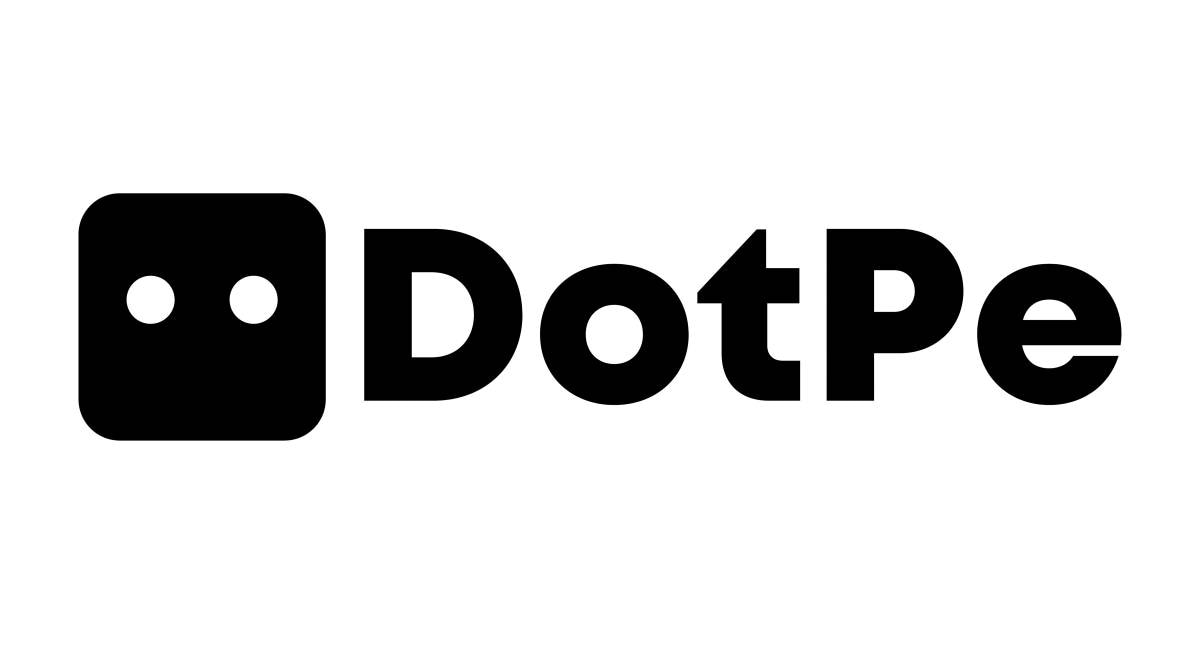 DotPe is an integrated platform which provides complete solutions for businesses wanting to set up a digital shop; from marketing to delivery.
DotPe is an integrated platform which provides complete solutions for businesses wanting to set up a digital shop; from marketing to delivery. When the pandemic struck last year, the lockdown was the biggest challenge for most small business owners, kirana shops, and even restaurants. The main problem: How to reach the customer when they can’t come to you? And for those with zero digital presence, it was a tough one to solve.
“But everybody wants to go digital now. The pandemic has made them (businesses) understand that they need to own their own consumer. If they would have had the consumer data and the pandemic had happened, they could have reached out to consumers on a digital channel,” Shailaz Nag, the co-founder of DotPe tells indianexpress.com.
That’s the challenge that DotPe, an integrated payment, marketing and delivery platform is helping small businesses and shop owners solve. Set up in 2019, the platform has so far digitally empowered over 7.5 million merchants in over 25,000 locations across the country. A majority of transactions are still happening in the top ten big cities.
“We are focused on the merchant side of the story. They can set up their online store and sell their products through multiple channels whether through their own websites, through social media, or any other channels,” Nag explains, adding that they are doing nearly four million transactions a month.
DotPe has already managed to make a mark in the ‘Food & Beverages’ industry, helping many restaurant chains such as Mamagoto or Big Chill in Delhi set up their own digital platforms. These restaurants now have the option of reaching consumers directly without depending on Zomato and Swiggy, which are known for charging deep commissions per order. A popular restaurant in Delhi told us that they prioritise ‘DotPe’ orders, as they were in a way direct customers.
The idea of a business setting up its own ‘digital platform’ and operations is not new. Shopify has been a prominent name in this business for a few years now. But DotPe’s approach is aimed at those businesses which are typically not the first to go digital. This could be the local dry fruits seller or a vendor selling chole kulche on the road, according to Nag.
He admits that while they started with a focus on the “food and beverages category,” they have been expanding steadily into other sectors. He also stresses that they are not a consumer-focused platform. “Our aim is to help merchants acquire the consumer, manage them and sell to them. The consumer doesn’t know us. They don’t know they’re ordering from DotPe, they know they are ordering from the restaurant directly,” he points out.
The other big difference DotPe claims is that businesses have more control over consumer data, something which third-party platforms typically control. The platform supports the ability to sell on various platforms as well from an Instagram to a Facebook or even via Google’s My Business.
 Shailaz Nag, the co-founder of DotPe.
Shailaz Nag, the co-founder of DotPe. A business just has to set up the digital showroom using the company’s app, and then decide which platforms they want to sell from. For instance, a restaurant such as Big Chill in Delhi has embedded the link to its digital showroom via their Facebook page, so users can order directly from there itself.
The company offers a subscription fee for the entire package, but for deliveries there is a per transaction fee. While it charges a commission per order, it is much lower than what other platforms charge from restaurants. Nag stresses that the model just charges for what service the business uses. So if a business uses their own delivery, they need not pay for that.
For grocery stores or a fruits and vegetable store, there are automatic catalogs available with pictures, though vendors can upload their own as well. But most digital showrooms powered by DotPe have the brand’s name at the end for instance, though they can pick their own domain as well. Delivery is also integrated with DotPe, which has partnered with nine logistics players.
Nag claims they are seeing heavy interactions with the customers in tier-2 and tier-3 cities. “We are seeing them (business) pushing their catalogs with the digital showroom in these cities,” he said. He admits that the pandemic has definitely helped them grow faster given digital has become the only way for many stores.
For 2022, DotPe wants to double down and target more categories beyond kirana stores and restaurants. “We want to target apparel and electronic categories as well (though some of these are present on the platform,” Nag says and this will mean approaching some large Direct 2 Consumers (D2C) brands as well.
- The Indian Express website has been rated GREEN for its credibility and trustworthiness by Newsguard, a global service that rates news sources for their journalistic standards.

